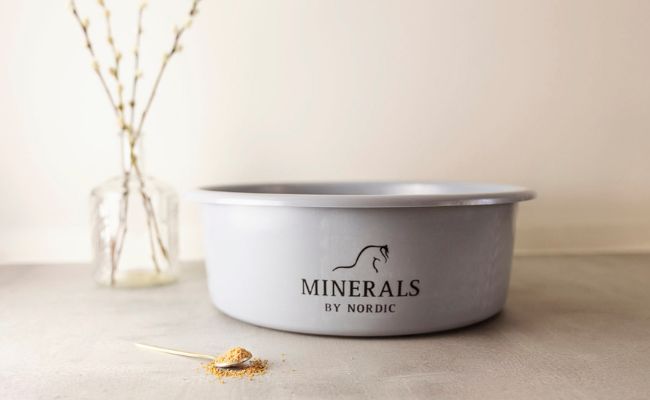Treatment and Prevention of Eczema in Horses
Quick and precise treatment of eczema is crucial for relieving symptoms, preventing further damage, and ensuring the horse’s well-being. By understanding which measures can help and how best to use them, horse owners can provide the care their horses need to keep their skin healthy and symptoms under control.
Prevent and Treat Eczema
1. Eczema Ointments and Skincare Products
Eczema ointments and skincare products are often one of the first steps in treating eczema in horses. These ointments relieve itching, reduce inflammation, and protect the skin from further irritation. Cortisone-based creams can be highly effective but should be used with caution and according to the veterinarian’s recommendations.
For gentler alternatives, ointments with natural ingredients such as aloe vera, zinc, or oat extract can be good choices. These soothe and moisturize the skin. Remember to clean the affected area thoroughly before application to maximize the effect.
2. Insect Control
Insect control is important, especially for summer eczema caused by midge bites. Using specially designed eczema blankets that cover sensitive areas like the mane and tail base is an effective method.
Fly sprays and insect repellents can also be helpful, but choose products that are safe for the horse's skin. To further reduce the risk, keep the horse in open pastures with good airflow, and insect traps can be placed nearby.
3. Medical Treatments
In cases of severe eczema, medical treatments may be necessary. Cortisone can be administered as an injection or in tablet form to quickly reduce inflammation and itching. Antihistamines can also be used to relieve allergic reactions, although the effect varies between horses.
Immunotherapy, where the horse is gradually exposed to small amounts of the allergen causing the eczema, can be a long-term solution. Medical treatment should always be done in consultation with a veterinarian to avoid side effects.
4. Natural and Preventive Methods
Many horse owners prefer natural methods for treating and preventing eczema. Supplements with Inflaboost DHA (omega-3 fatty acids), biotin, and zinc (found in Activ Mineral) can strengthen the skin from within and improve resistance to irritation.
Vitamins A-D-E found in Wheat Germ Oil are also important for the skin and coat. Regular grooming and cleaning of the coat help keep the skin healthy and free from dirt and bacteria.
Combining good hygiene, an adapted environment, and nutrient-rich supplements is crucial for reducing the risk of eczema. By identifying early symptoms, such as itching or redness, treatment can be initiated before the problem worsens.






